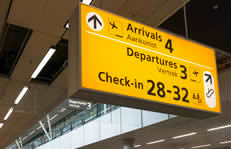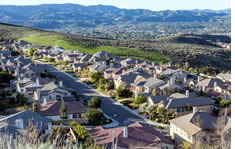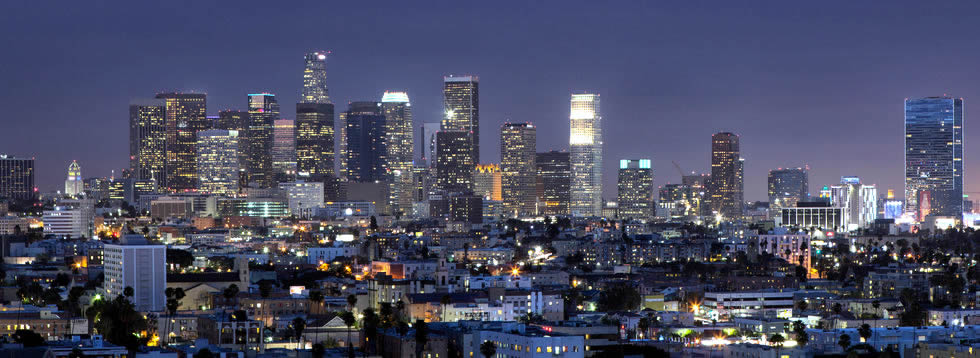Trusted service since 2003
Flight Delayed? We wait.
24/7 Customer Service
| ||
| |||
 |
| ||
 |
| ||
Bell Gardens Airport Shuttle Service
By the late 1920's, a tire company by the name of Firestone came alone and bought some of the land. As the history books go, World War I and World War II used the land to build defense plants that helped rebuild the population and economic stability, which further on led to more construction to prosperous things for Bell Gardens, like new homes, schools, and a healthy business climate.
| Bell Gardens |
 | Bell Gardens is a city about two point five miles in size with a population of forty two thousand seventy two. It is only about ten miles away from the heart of downtown Los Angeles (southeast). Transfers to LAX can be taken by shuttle van or stretched limousine when you arrive at the airport. |
About Bell Gardens Bell Gardens is one of only five Los Angeles County cities that have been permitted to hold casino gambling permits. However, the licensing is very specific in California, and state law does not permit gambling in the form of dice games and slot machines. Those types of games are strictly forbidden, if you feel the urge to gamble on a short notice then book a drop off from LAX to the casino for the day. Bell Gardens’ motto stands as: "Hub of Progress,"with the average household income being thirty eight thousand two hundred seventy two. It also stands as the seventh out of tenth largest cities in Los Angeles County with the highest percentage of Latino residents. The Lugo’s was one of California’s first families. Antonio Maria Lugo, who was a Spanish corporal, received a land grant in the early 1800s, which was worth nearly thirty thousand acres. Antonio Lugo took this grant and built several buildings, homes, and raised cattle on his new land. He even received a term as Mayor of Los Angeles. Lugo died in 1860 at the age of 85, but he is credited as having one of the longest standing houses still around. When the land was later leased and farmed out, it was found to be rich and perfect to grow vegetables. It was perfect for Japanese Gardeners to make a living, and the land remained a farming community until the 1930’s. | |
 +1 646 480 6835
+1 646 480 6835



